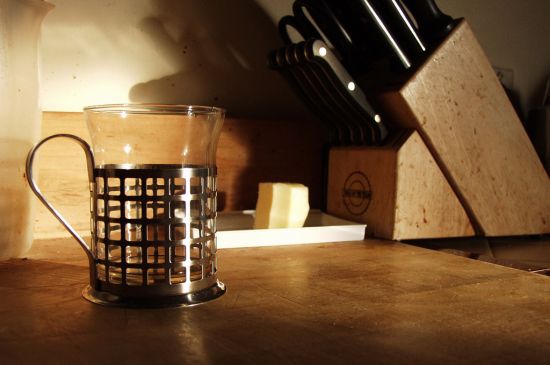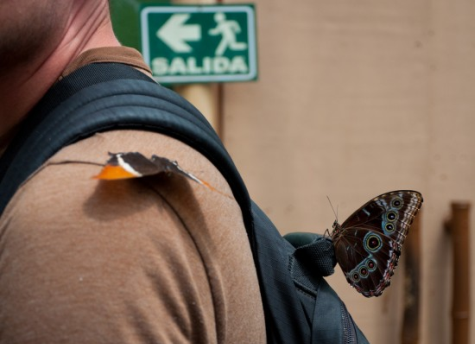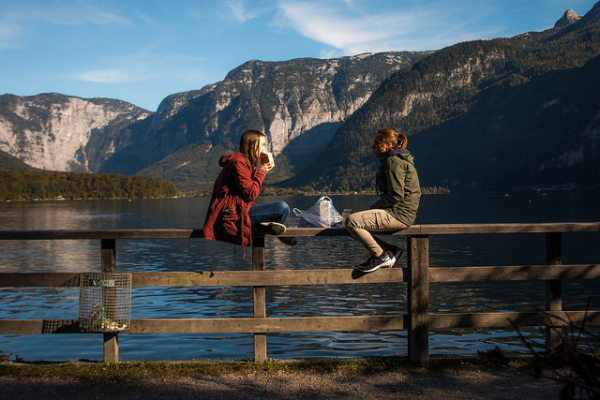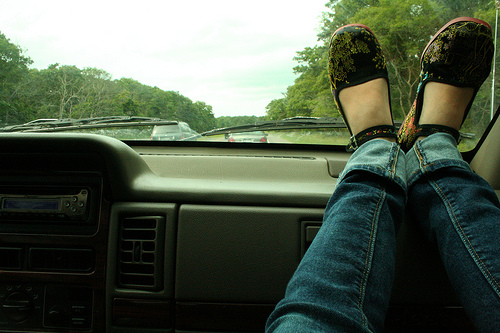
Lots of the things we spend our energy on are worthwhile, but some are a better deal than others.
The benefits of my weight routine, for example, are worth much more than the effort it takes, but that effort is still pretty significant. You have to lift a two-hundred pound barbell quite a few times for anything good to happen.
There are a few things I do (and sometimes still fail to do) that take almost no effort, and somehow make my life significantly better. As far as I can tell, these four small things are the best deal going.
1. Shining the sink before bed
I don’t know where or when, but I remember reading about someone who swore that her habit of shining her sink before bed was the linchpin of her productivity and well-being. I have tried it and can corroborate her ridiculous claim. [Readers have since pointed out this is from the FlyLady].
Making your morning coffee beside a shiny sink is an empowering, self-affirming experience. Making coffee beside a dull sink, containing even a single dirty fork sitting in a puddle, is comparatively draining and dehumanizing. Add a stray, bloated noodle or two and it becomes strangely life-destroying.
In my experience, one of two different people emerge from that coffeemaking process, depending on the condition of the sink. One of them is sharp and ready for life. The other must fight his way to his desk from under some great existential weight, some grimy psychic debris that’s inseparable from the marooned soup remnants that greeted him this morning. The Sun is his enemy, not his ally, and all his work will be uphill today.
Different sinks probably need different techniques. Mine is stainless steel, and I use one of those magic white pads with a bit of Comet and water. Wipe down the rim and any chrome fixtures with spray and a dry cloth. Takes 40 seconds. Might change your life. Read More



 I'm David, and Raptitude is a blog about getting better at being human -- things we can do to improve our lives today.
I'm David, and Raptitude is a blog about getting better at being human -- things we can do to improve our lives today.
Love this one. The meditation is easy - the exercise (regular) not so much. I tend to 'rest on my laurels' as I taught fitness for 18 years - then did a bunch of other physical stuff. LOVE your photos and captions, David. Hardly any comments?? Maybe people are either...